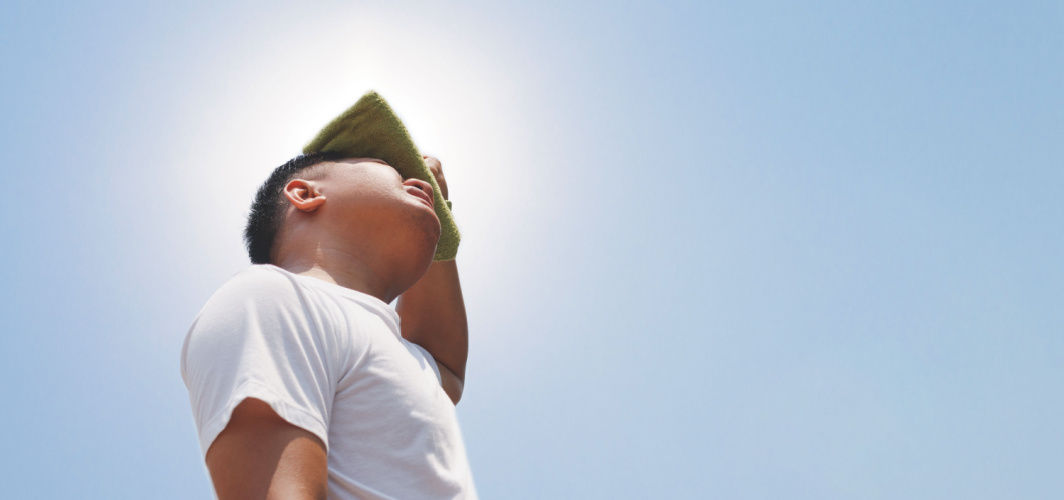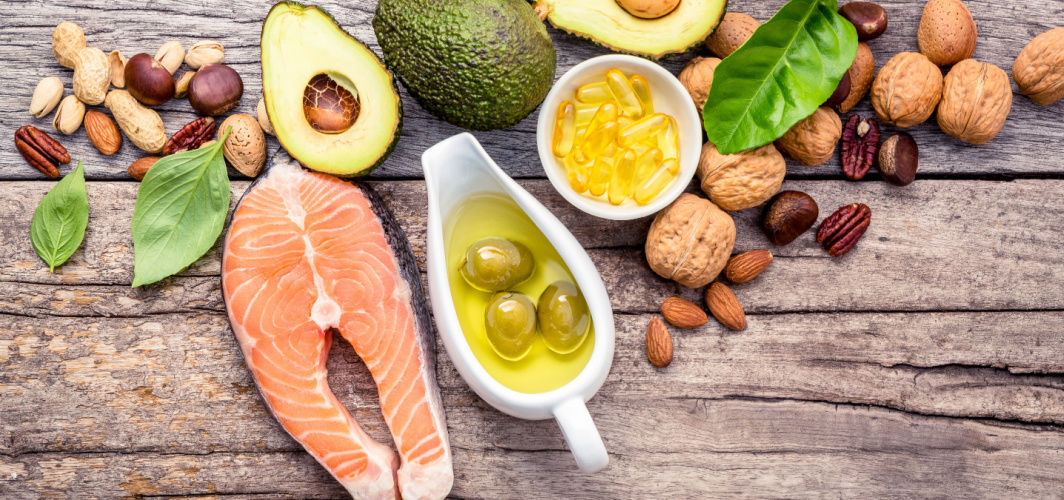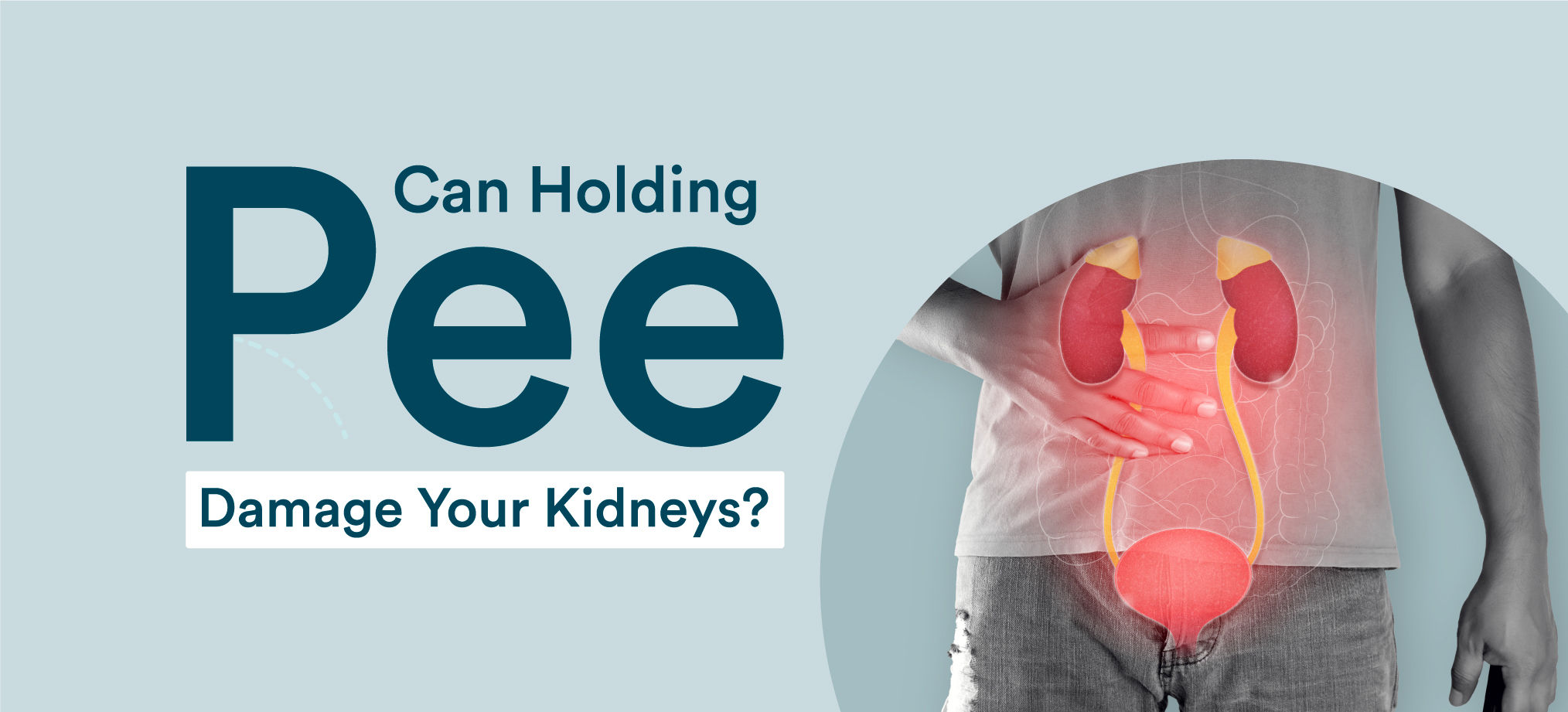General Health
Heat Exhaustion: Causes And Tips To Prevent Dizziness During Summer
5 min read
By Apollo 24|7, Published on - 12 June 2023, Updated on - 07 August 2024
Share this article
0
0 like

The summer season in India brings along the sweltering heat waves that are experienced in many parts of the country from the month of March to September. Due to these harsh weather conditions, several people experience heat-related illnesses (HRIs), such as heat exhaustion, dizziness, heat stroke, and heat syncope. 
Furthermore, a report by the National Centre for Disease Control (NCDC) stated that between 2015 and 2019, around 3,775 people died from HRIs. Do you often suffer from dizziness in summer or feel like you will faint? Read on to find out the reasons, risk factors and effective tips to prevent summer-induced dizziness.
Reasons For Dizziness In Summer
If you are feeling dizzy in summer, then it could be due to:
1. Dehydration
Dehydration is one of the chief causes of dizziness or vertigo in summer. The ideal temperature of your body is around 37 °C. Your body cools itself naturally by giving off heat in the form of sweat.
The hot and humid temperature during the summer season often leaves your body dehydrated. Thus it becomes difficult for your body to ward off the heat and your body's internal temperature goes up resulting in lightheadedness or vertigo.
Also read: Tips To Prevent Dehydration During Scorching Summer
2. Heat stroke
Heat exhaustion and too much sweating are likely to reduce your blood volume and lead to severe health conditions, including heat stroke. One of the symptoms of a heat stroke is dizziness, which can be accompanied by profuse sweating, muscle cramps, rapid heart rate, and fainting.
Also read: Your Loss Of Appetite Can Be A Sign Of Heat Stroke!
3. Sudden temperature changes
Moving in and out of air-conditioned rooms affects both internal and external temperatures. It pushes your body to adjust to the changing temperatures creating a stress-like situation. This may lead to dizziness and other conditions like dry eyes, muscle spasms, respiratory troubles, etc. Moreover, a sudden temperature change can also cause positional vertigo (dizzy spells), as it may disturb your vestibular system (a system that helps with the sense of balance).
4. Airflow problems
Working or living in a confined and poorly ventilated place can also lead to a light head. You can also define this condition as Sick Building Syndrome or SBS. It is mainly attributed to poor ventilation and air quality in an enclosed setting. Although the exact causes of SBS are unknown, it can trigger headaches, nausea, dizziness, and various skin and respiratory conditions.
5. Exposure to the sun
Staying out in the sun, especially during peak hours, i.e., between 11 am and 4 pm, can put you at risk of developing a heat-related illness, including dizziness.
How To Prevent Dizziness In Summer?
You can prevent dizziness in summer by following the below-mentioned tips:
- Make sure to drink enough water, irrespective of your activity level. If you are on a water-restricted diet or fluid (diuretic) pills, check with your healthcare provider before increasing your fluid intake.
- Avoid having excessive tea or coffee and limit your alcohol intake to not more than 1 drink per day. All of these can worsen dehydration.
- Take ORS (Oral Rehydration Solution) as it helps replenish your body fluids quickly while making you feel better. If formulated or pre-formed ORS is not available, you can easily prepare it at home by dissolving half a teaspoon of salt and six teaspoons of sugar in one litre of water.
- Alternatively, you may also have energy drinks and refreshing drinks like coconut water and lemonade in summer.
- Avoid exposure to the sun as much as possible, especially during peak hours.
- Wear cotton, loose-fitting and lightweight clothes to allow your skin to breathe.
- Do not leave your house without sunglasses, a hat, or an umbrella.
- Indulging in too many outdoor and physical activities on a hot day may cause heat stress. Try to restrict these in the 'cooler' window of the day.
- Eat smaller meals and salads. Avoid extremely hot and spicy foods.
When Should You Visit A Doctor?
If the following symptoms persist get in touch with your doctor:
- Lightheadedness
- Frequent dizzy spells
- Feeling unsteady and weak
- Fainting
It is crucial to follow precautions and seek medical help as and when needed to beat the heat in the summer season and avoid all heat-induced health conditions.
The key to avoiding feeling dizzy is to stay hydrated, eat well, and stay away from the sun as much as possible, mainly during the peak hours when the sun is at its brightest. For more information, consult our experts.
FAQs
Q. Who is at risk of developing heat-induced dizziness and other HRIs?
Although anyone can experience lightheadedness during summer, the following people are more at risk:
- People aged 65 years or older
- Infants and young children
- People with diabetes, kidney or heart disease
- People on certain medications
- Pregnant women
- Breastfeeding women
Q. How to understand if your lightheadedness is severe or not?
If the feeling of dizziness does not go away on its own or accompanies neurological symptoms, such as confusion, problem speaking, or numbness of limbs, seek immediate medical attention.
Q. How long does heat exhaustion last?
In most cases, an episode of dizziness due to heat lasts for a couple of seconds to a minute. If it extends beyond a minute or is recurring, consult your physician.
Q. Can you feel dizzy due to head congestion?
Yes! If you have sinus congestion or allergy-induced nasal blockage, it can also make you feel lightheaded.
Q. Can low pressure cause dizziness?
A sudden drop in your blood pressure can also make you feel lightheaded. It is a common symptom of orthostatic hypotension, in which there is a quick fall in blood pressure after standing from a sitting or prone position.
Medically reviewed by Dr Sonia Bhatt
General Health
Consult Top Counseling Specialists
View AllLeave Comment
Recommended for you

General Health
Fish Oil Vs Plant-Based Omega-3: Which Is Better?
Discover the pros and cons of fish oil and plant-based Omega-3 sources. Make informed dietary decisions for your health and well-being.

General Health
12 Protein-Rich Foods For A Healthy Body
Proteins contribute to several important functions in your body. The human body cannot make necessary proteins on its own. Therefore, it is important to eat foods that are rich in protein. Notably, protein-rich food sources include red meat, fish, eggs, chicken, peanuts, and more.

General Health
Why You Should Never Hold Your Pee?
Even if we desire to keep working or have just woken up from a nap, it's easy to fall into a state of extreme lethargy. But there are a few good reasons why we shouldn't hold it in.
Subscribe
Sign up for our free Health Library Daily Newsletter
Get doctor-approved health tips, news, and more.
Visual Stories

Plant-based Foods That Are a Great Source of Iron
Tap to continue exploring
Recommended for you

General Health
Fish Oil Vs Plant-Based Omega-3: Which Is Better?
Discover the pros and cons of fish oil and plant-based Omega-3 sources. Make informed dietary decisions for your health and well-being.

General Health
12 Protein-Rich Foods For A Healthy Body
Proteins contribute to several important functions in your body. The human body cannot make necessary proteins on its own. Therefore, it is important to eat foods that are rich in protein. Notably, protein-rich food sources include red meat, fish, eggs, chicken, peanuts, and more.

General Health
Why You Should Never Hold Your Pee?
Even if we desire to keep working or have just woken up from a nap, it's easy to fall into a state of extreme lethargy. But there are a few good reasons why we shouldn't hold it in.

